Tag: Global South
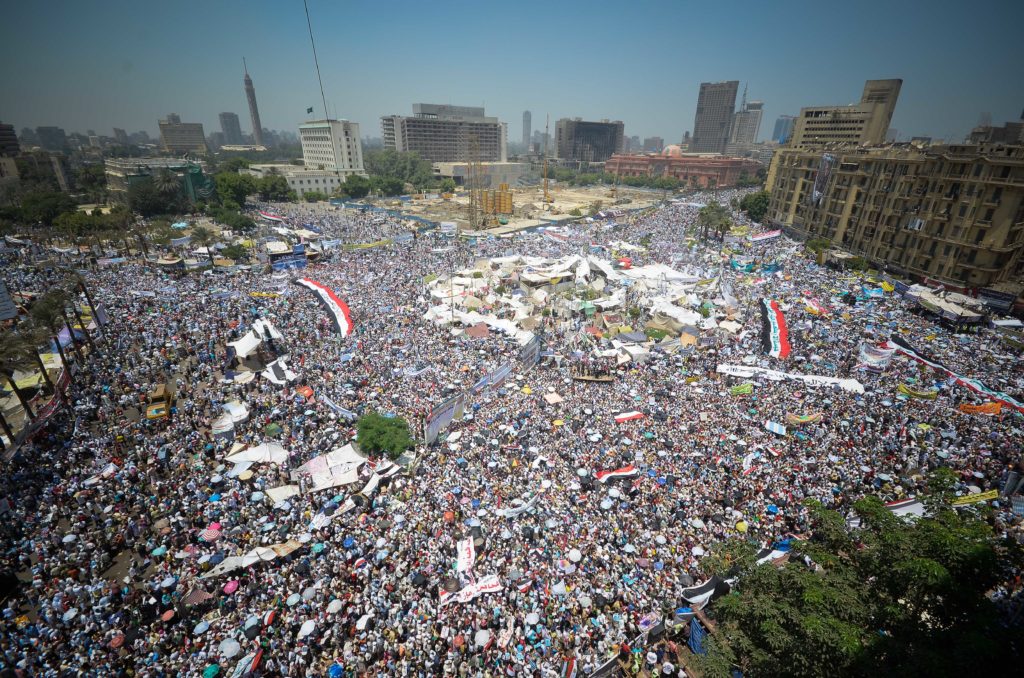
An Unfinished Epoch of Revolution
Joseph Daher takes stock of the Arab Spring ten years later.
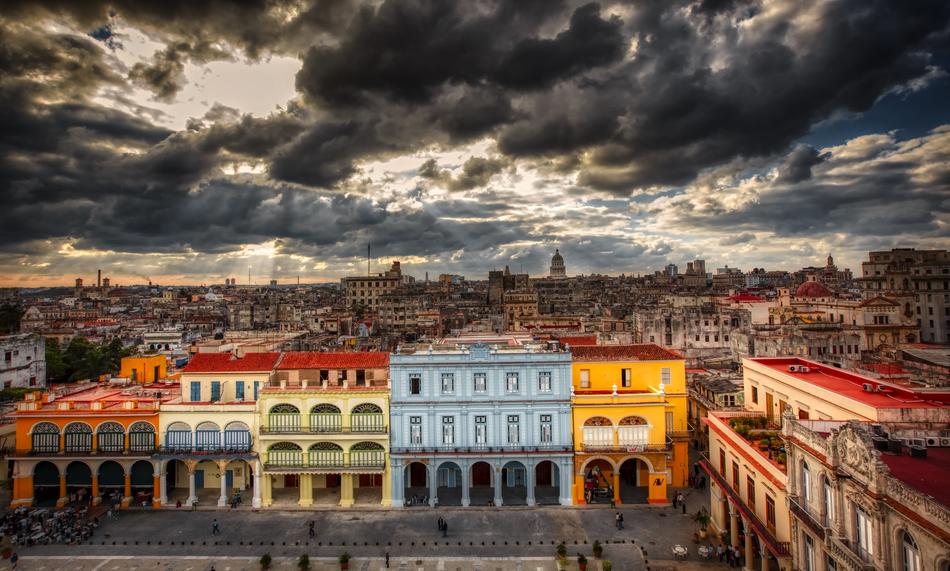
The Criminalization of Opposition Politics in Cuba
Why did the Cuban regime adopt the Soviet model, indiscriminately repressing political opposition – including socialists, anarchists, and other leftists?

What’s New about Woke Racial Capitalism (and What Isn’t)
Olúfẹ́mi O. Táíwò and Enzo Rossi explain how “woke” racial capitalism reveals contradictory tendencies in the material structure of capitalism and its ideological superstructure.

Down with Thai Capitalism! The People Against the Military Dictatorship!
Giles Ji Ungpakorn responds to Thiti Jamkajornkeiat’s characterization of the Thai social formation as “feudal” and explains why a debate over characterization has real strategic consequences.
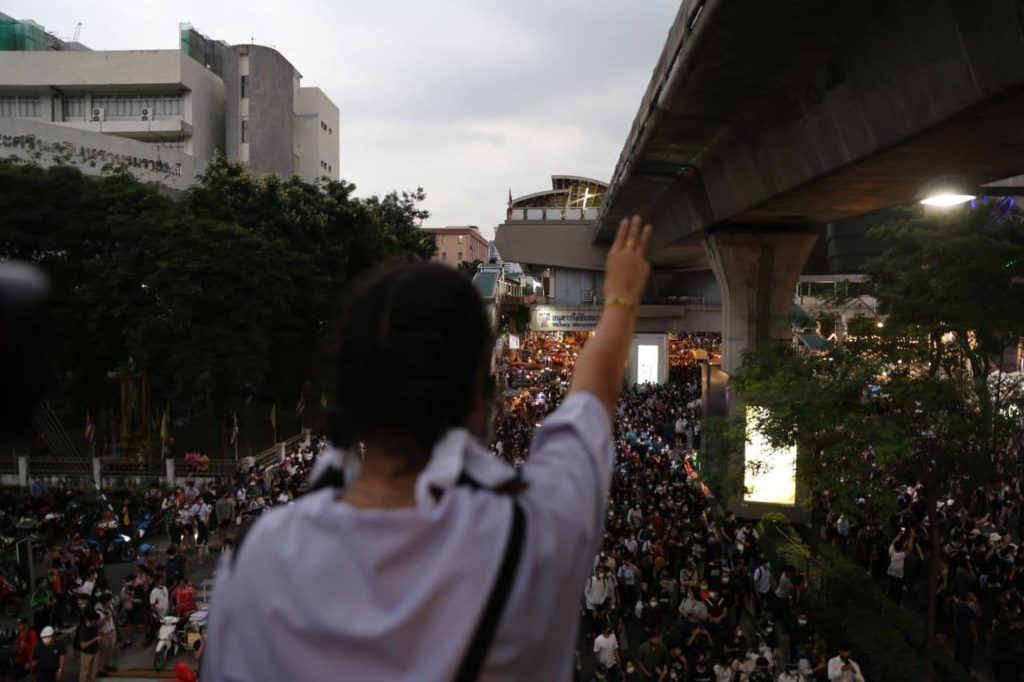
Down with Feudalism, Long Live the People!
Thiti Jamkajornkeiat adapts Jit Phumisak’s Marxist theory of the feudal state for use in the ongoing antiroyalist protests in Thailand.

Extracting the Andes
Jeffery R. Webber reviews Martín Arboleda’s exceptionally ambitious Planetary Mine..
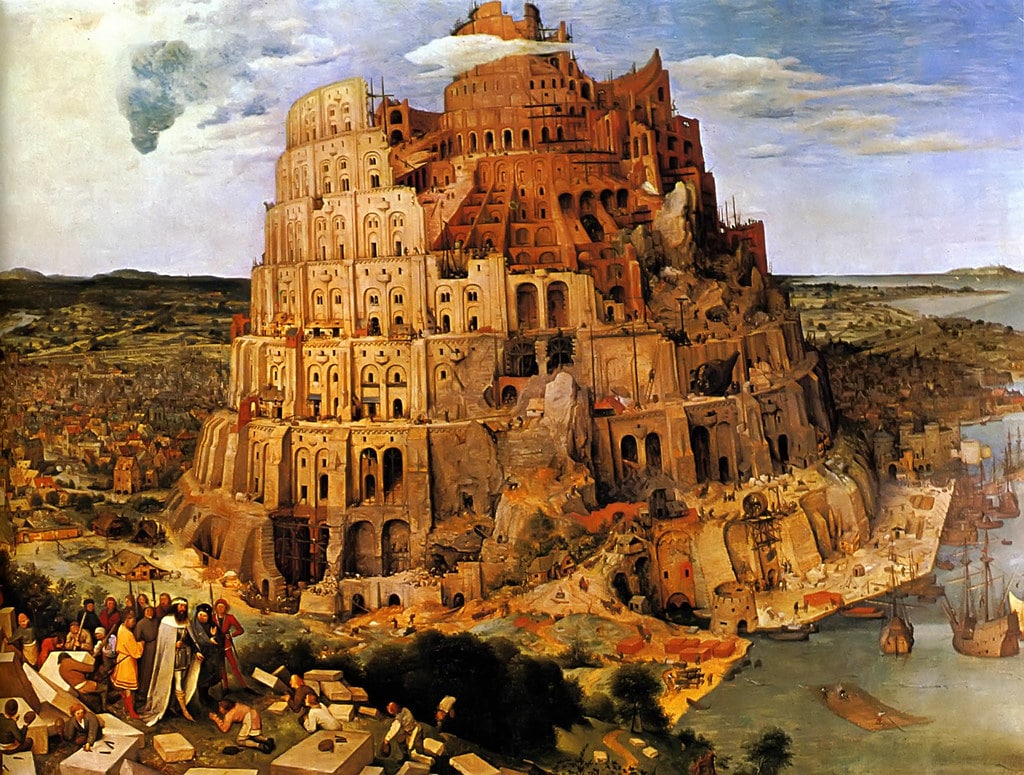
Beyond Borders
Is postcolonial nationalism a liberatory force because it’s postcolonial, or a reactionary force because it’s nationalism? Nandita Sharma speaks to Spectre editor Zachary Levenson about this question in relation to her new book, Home Rule.
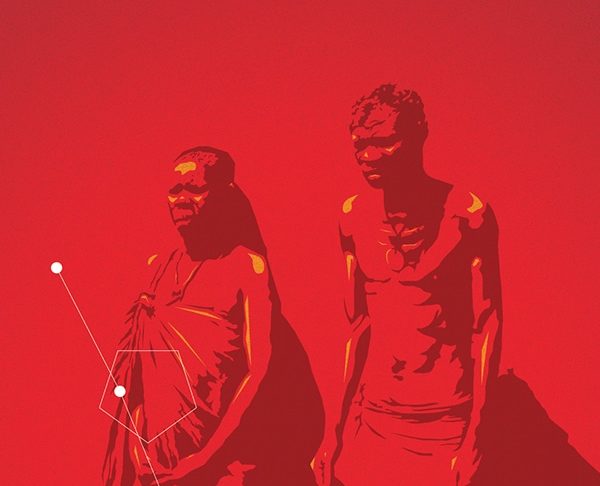
New Statue, Old Chimurenga
Lebohang Mojapelo writes about how little Zimbabwe has changed since the November 2017 coup that drove out Robert Mugabe.

Why China Isn’t Capitalist (Despite the Pink Ferraris)
Contra Eli Friedman, Richard Smith argues that China is not capitalist.

Notes Toward a More Global History of Capitalism
Andrew Liu explains his new book on the development of capitalism in India and China in relation to his reading of Marx’s Capital. It is the concept of value, he argues, that allows us to fully realize what is novel about capitalist production.
